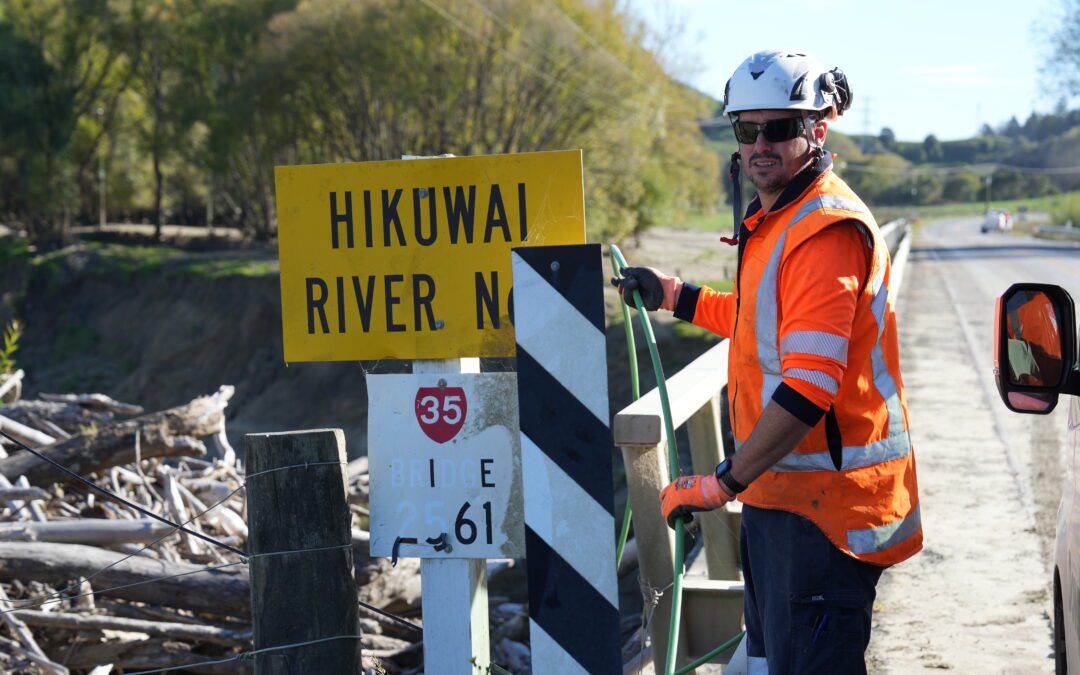It’s not uncommon for my kids to drop their phones. More likely, however, they would be demanding I pay for the new phone ASAP as they have something important on this weekend, so I’m unlikely to fall for this, but it looks very convincing.
Scammers are getting smarter and their language skills are improving which makes spotting scams all that more difficult. Of course if you don’t have kids you won’t fall for it. Of course if you’re not “mum” you’re not likely to reply or get caught in it either, but there are enough potential victims out there to make this a profitable play.
And being a crook in this digital world is lucrative. In the US online fraud cost victims US$3.56 billion in the first half of this year alone.
Some examples of current scams in the market in New Zealand
In the old days you could tell the text message offering you a share in looted gold from Iraq was probably fake because of the atrocious spelling and lack of grammar, not to mention just how ludicrous the hook into the scam was. Today, most scams look much more genuine land are much harder to separate fact from fiction.
Here are a few examples that have been seen in recent months.
“Online Hotel Reviewer, Online Hotel Promoter Vacancies. Responsibilities – Online Reservation -Online Review -Online Rating. Benefit – Carried out without affecting your current work. – Wages up to NZD150 – 500 per day. – Work hours are flexible, only 2-3 hours per day. – No experience required, one to one mentoring provided. If you are interested, please get in touch via WhatsApp”
If you’re looking for a part time job something like this could be quite good – just sit at home surfing the net looking at websites and reporting back to HQ. Make your own hours, work at your own pace. Lovely!
“Hi, I am the online work recruitment manager. Only recruit 80 part-time employees. Working from home, you are now invited to join us. You can easily earn a daily wage from your mobile phone with daily salary NZ$200-NZ$450. Contact us on WhatsApp: [number removed] or click on the link below. Contact us to register at [link removed] Quota is limited for today only.”
Most job applications won’t cold call you at random and won’t ask you to respond via WhatsApp or other messaging app in the first instance. Maybe once you’ve been involved for a while you might chat with team members this way, but probably not on your first contact. Also, note the implied risk of missing out – this kind of thing is common in fraudsters. Pretend you need to respond quickly and you’re more likely to click on the link and then think about it.
“BNZ: We have detected an unusual payment attempt on your card. If this wasn’t you visit: [link removed]”
This sort of thing is much more likely to catch the average user unawares. The logos are usually right, the content is definitely something that could be real and by providing a link and implying time is of the essence you’re more likely to get someone clicking through.
I’ve seen this myself with an email from NZTA telling me to renew my car registration. The scam was almost identical to the real reminder that NZTA sends out but lacked the car number plate detail. However, I would have clicked through except I’d just paid my car registration the week before. Timing is everything, it seems.
“Spotify: We were unable to charge you for your last payment as your card declined. Update your bill [link removed]”
With so many services moving to an online model we see more of these kinds of messages from providers. This variant is popular with the younger set who are desperately keen to ensure their Spotify subscription doesn’t ever run out lest they have to listen to some ads. You’ll also remember the “We couldn’t deliver your package today, please click here for more information or to rebook” texts that caught a lot of people out during COVID. Why? Because we were all at home all ordering things online.
We have a full page of active scams here.
There are three easy ways to help identify fraud
First of all, take your time. A legitimate offer or request for action isn’t going to evaporate immediately. Think about what they’re asking and whether that’s likely from your provider or potential employer.
Secondly, jump onto your favourite search engine and have a look for the company in question. Look up their details, contact them by phone or however their own website tells you to. Don’t rely on the suspect text message or email to connect you to the provider, go find it yourself.
And lastly you can always search for the detail of the scam itself – just cut and paste the copy into a search engine and you’ll soon see if it’s a scam or not. Someone somewhere will have blogged about it or reported it and you’ll be one step ahead.
If you think you have received a scam call or text make sure you record the details including date and time and report it to your telco.
If you are worried about banking scam, Scamwatch has put together a great checklist to reduce your risk of losing money.
At the TCF we are actively working on new and updated scam prevention methods to help protect against spam for telecommunications customers.





















